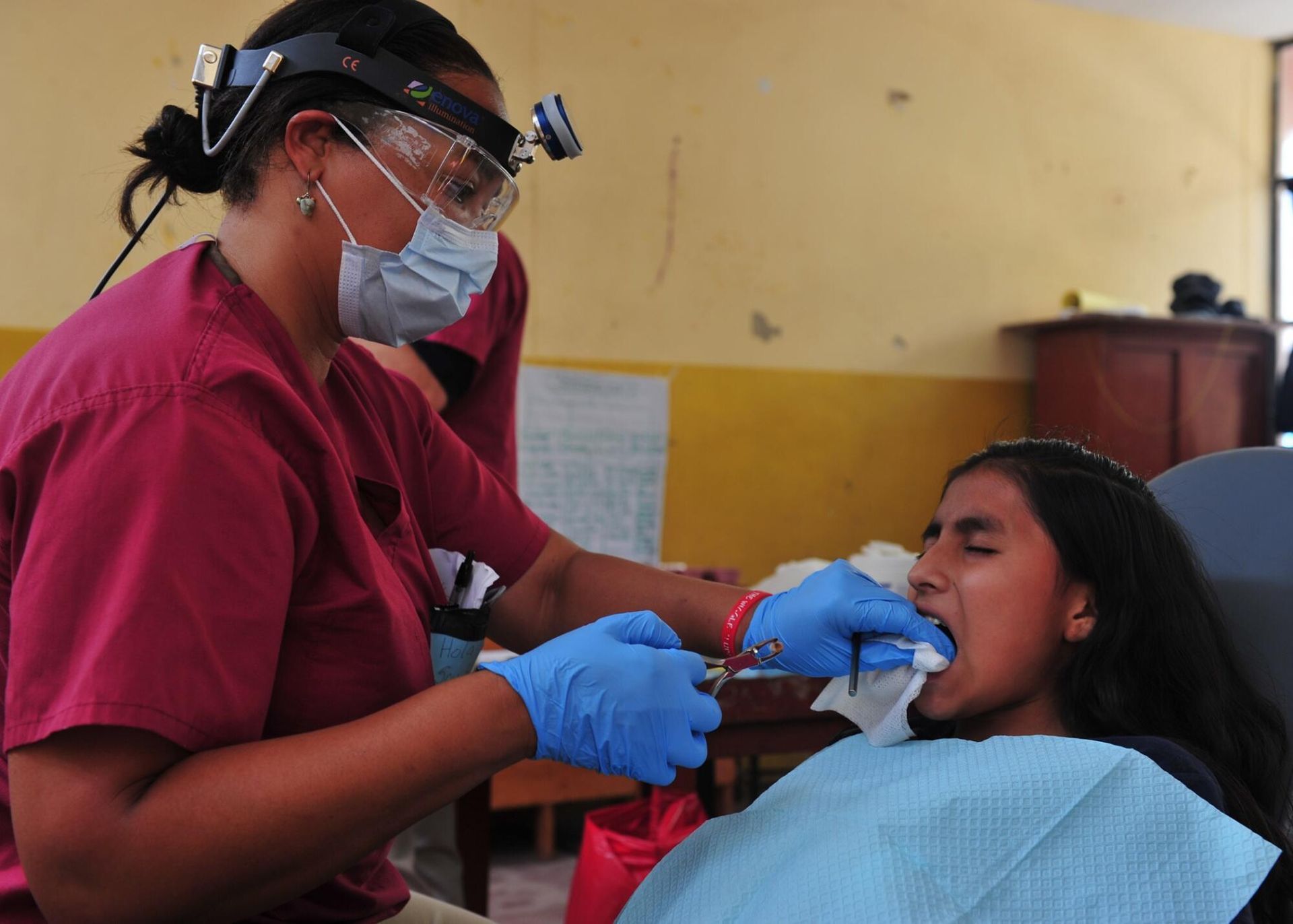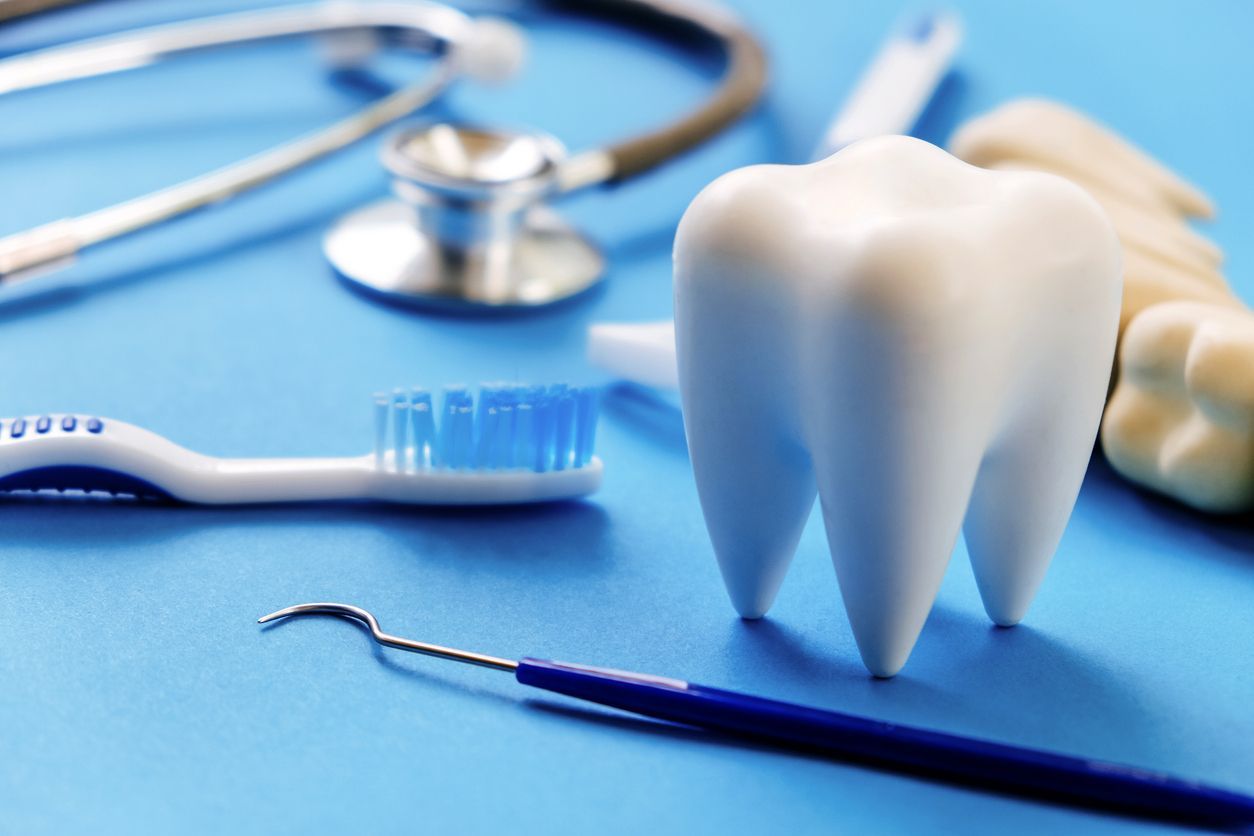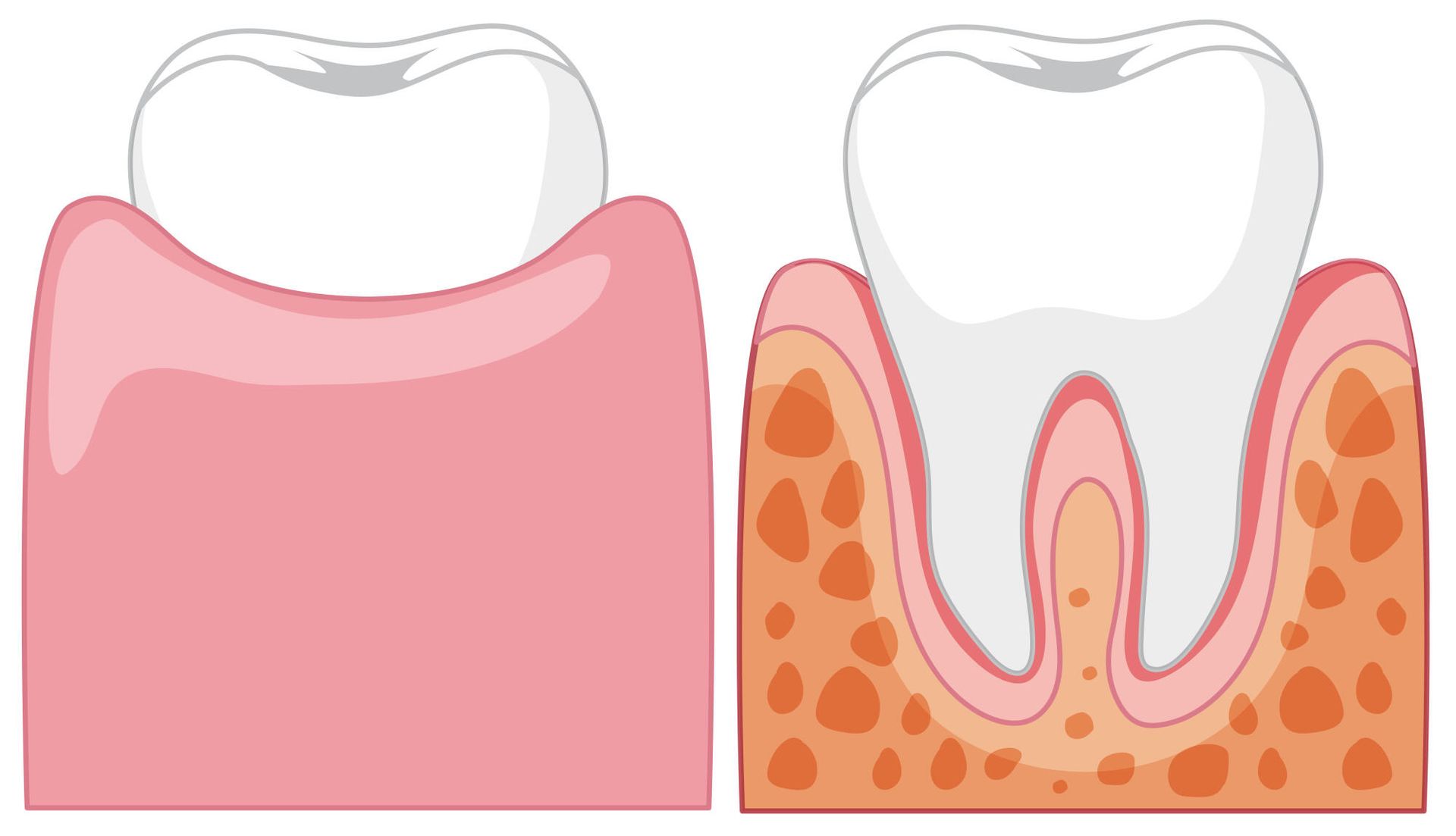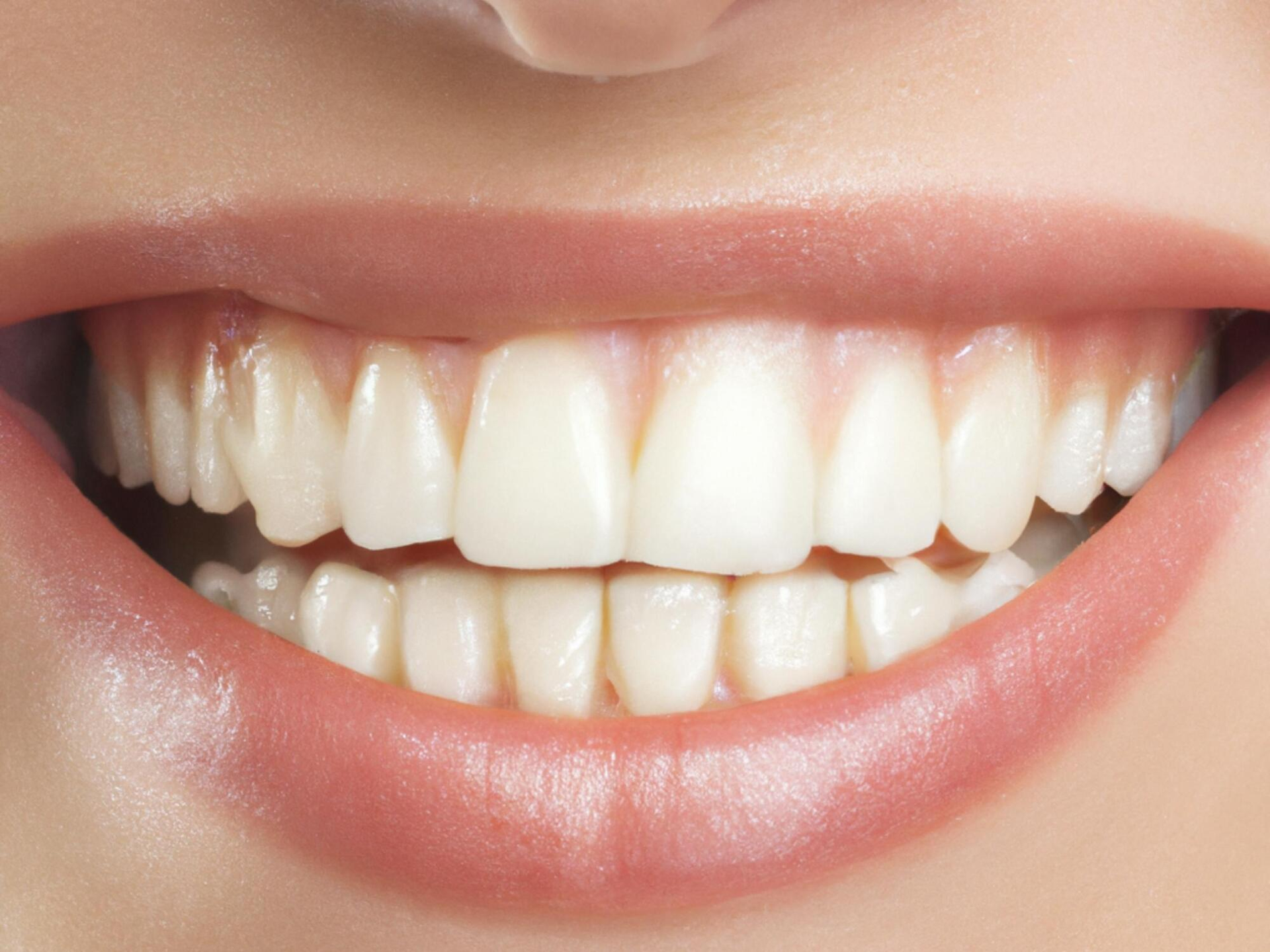Blog

By Waldron Smile Center
•
May 23, 2025
Oral health problems do not always come with a clear warning. What starts as a slight ache, some swelling, or a loose tooth can quickly become something more serious-sometimes requiring oral surgery . The best way to protect your dental health is to spot the signs early and act before minor problems grow bigger. Here are the most common symptoms that may mean you need oral surgery and why getting help sooner is always better. Early Symptoms That May Point to a Bigger Problem Tooth pain that sticks around is one of the first signs. If a toothaches for over a day or two, or if you feel a sharp pain when you chew, something deeper may be happening. You could have a cavity or even a tooth trapped under the gum. Swelling is another red flag. If your gums or face swells, your body is trying to fight an infection. Sometimes, it is caused by an abscess or a tooth that cannot break through. Either way, swelling can get worse quickly and spread to other areas if not treated quickly. Bleeding gums, or ones that pull back from the teeth, may not initially seem urgent. But these signs often point to gum disease, which can weaken the bone that holds your teeth in place. If the damage runs deep , you may need surgery to clean the area or rebuild what was lost. Dental Surgery Indicators That Should Not Be Ignored Some symptoms of surgery may not cause pain but still point to serious problems. These signs often show up when your mouth no longer works as it should. If you find it hard to open your mouth all the way or if chewing feels tight or painful , your jaw could be misaligned. This might mean a joint problem or a tooth that is not in the right place. Teeth that feel loose or start to shift can also be a warning sign. This may happen when the bone around your teeth starts to break down. Surgery is sometimes needed to support or replace the damaged area . Another sign is numbness or tingling in your: Lips Gums Chin This may be caused by pressure on a nerve from an infected cyst or a tooth that is not where it should be. We use special images to find the cause and check for surgical dental needs. It is important to note that your mouth should move and feel normal daily. When it does not, an underlying reason usually needs attention . When Common Dental Treatments Are Not Enough While most dental problems can be handled with simple treatments, there are times when those options no longer work. For example, if a tooth is too damaged to hold a filling or crown, it may need to come out. Waiting too long can lead to more pain and more work later on. Infections can also be harder to treat than they seem. A root canal often clears them out, but sometimes, the infection spreads deeper into the bone or gum. Surgery may be the only way to clean the area and protect the rest of your mouth when that happens. Bone loss is another issue that can make surgery necessary. The bone that holds your teeth in place can wear away over time. When this happens, it may need to be rebuilt for support before saving or replacing the teeth . In these cases, surgery steps in where other treatments fall short. It lets us fix the root of the problem and gives your mouth a strong base to heal and stay healthy. Why the Timing of Oral Surgery Matters When it comes to oral health evaluations, waiting often makes things worse. For example, a simple tooth extraction is often quick and easy. But if the tooth becomes infected or the bone around it starts to break down, it may require: Bone grafting Stitches Follow-up visits to fully treat the area Dental implants, depending on the damage Moreover, costs can rise just as fast. A routine extraction may cost a few hundred dollars, while surgery for an infected tooth with bone loss can cost thousands. The same is true for gum disease. Early stages can be managed with a deep cleaning and antibiotics. However, when infection spreads to the bone, surgery may be needed to clean the roots and rebuild support for the teeth. Early action prevents these extra steps. It lowers the risk of complications and makes healing faster and easier. What to Do if You Notice Concerning Symptoms Not every symptom means you need surgery, but it is essential to let a dental professional make that call. Waiting it out or guessing the cause can lead to more damage and fewer treatment options. If pain, swelling, or changes in your bite stick around for more than a few days, it is time to schedule a visit. These signs are your body's way of asking for help and rarely go away independently. A complete exam and digital images can show what is happening beneath the surface and help the care team decide whether surgery is needed or another treatment will solve the issue. Minor Signs Deserve the Best Attention Knowing when oral surgery is needed starts with paying attention to the signs. Symptoms like pain or trouble chewing should never be ignored. Early care can significantly affect how your mouth heals and how much treatment you need. Waldron Smile Center provides expert surgical care in a setting built on comfort and personal attention. Located in Waldron, our office makes it easy for local families to get advanced treatment without driving into the city. We also work closely with area medical providers to support your full health from start to finish. If you notice any symptoms in this post, now is the time to act. Call us to schedule a consultation and get the answers you need to protect your health.

By Waldron Smile Center
•
February 28, 2025
Most people feel their best when they look their best. However, according to Studyfinds, it's estimated that three in five people are uncomfortable with their smiles . This dissatisfaction goes beyond appearance and it can even affect daily functions like eating and speaking. Ignoring the problem won't make it go away, and getting comprehensive orthodontic treatment is crucial for preventing future complications. In our guide, we'll explore some of the most notable signs that you should seek professional help. Crooked Teeth Teeth that aren't straight can affect more than just appearance. They can make it harder to brush and floss properly, potentially leading to periodontal disease and similar health issues. Misaligned teeth may also put extra pressure on certain areas of the mouth, which can cause pain over time. Many people with crooked teeth avoide photos or hide their smiles. Addressing this issue can be an important step in improving both confidence and oral health . Jaw Pain or Discomfort Frequent jaw pain or soreness may be a sign of an underlying orthodontic issue. Misaligned teeth can strain the jaw muscles, leading to tension and discomfort. Some people experience: Headaches Clicking sounds Stiffness in the jaw These symptoms can interfere with: Eating Talking Even sleeping If pain in this area becomes persistent, orthodontic care for adults can provide long-term relief. Shifting or Sensitive Teeth A misaligned bite can cause problems with chewing and speaking. Overbites/underbites and crossbites can create uneven pressure on teeth, which may lead to wear and tear. Some people with bite issues struggle with jaw pain or clicking sounds when they move their mouths. If left untreated, these problems can contribute to long-term dental issues. A few signs that a bite may be misaligned are: Difficulty biting into food Uneven tooth wear Jaw discomfort or tension A properly aligned bite can improve both comfort and function over time, and this is often achievable through braces . Speech Problems Teeth play an important role in forming sounds and pronouncing words. Certain letters or sounds may become harder to say when your teeth are not properly aligned. This can lead to frustration, especially for children learning to speak. Some people develop a lisp or struggle with slurred speech because their tongue and teeth are not positioned correctly. Early orthodontic signs related to speech issues may indicate the need for treatment. Overcrowding When there is not enough space in the mouth for all teeth to fit properly, they may shift or overlap. This can make it difficult to clean between them, leading to plaque buildup and cavities . Overcrowded teeth may also cause discomfort as they press against each other. Some people notice that their teeth seem to be shifting over time, causing their smiles to look different. A few common signs of overcrowding are: Teeth overlapping or twisting Difficulty flossing between teeth A feeling of tightness in the mouth Early treatment (such as with Invisalign ) can help create more space and prevent further complications. Uneven Tooth Wear When teeth don't line up correctly, some areas may experience more pressure than others. This can cause certain teeth to wear down faster, leading to sensitivity or damage. Uneven wear may also result in changes to the shape of teeth, affecting the way they fit together. If left unaddressed (such as by using clear braces ), this problem can lead to cracks or chips. The cost of orthodontic treatment is often lower than repairing damage caused by long-term misalignment. Difficulty Cleaning Your Teeth Straight teeth are easier to keep clean, but misalignment can create hard-to-reach spots where plaque builds up. Food particles may get stuck between crowded or crooked teeth, even with regular brushing and flossing. Over time, this can lead to: Bad breath Cavities Gum disease Some people notice that their gums bleed more often because bacteria are trapped in tight spaces. The most common challenges people face when cleaning misaligned teeth are: Frequent plaque or tartar buildup Bleeding gums despite regular brushing Difficulty reaching certain areas when flossing Fixing alignment issues can make daily oral care much easier, and Invisalign is a great way to start. Frequent Biting of Cheeks or Tongue Accidentally biting the inside of the cheek or tongue is a common sign of misaligned teeth. This can happen when the teeth do not close properly, causing soft tissue to get caught between them. Some people experience sore spots in their mouth from repeated biting, making eating uncomfortable. Over time, these small injuries may lead to swelling or irritation. Choosing an orthodontist who understands your needs can help prevent these issues. Protruding Teeth Teeth that stick out further than normal can make someone feel self-conscious about their smile. They may also be more at risk for chipping or breaking if they are hit by accident. In some cases, protruding teeth cause discomfort because they press against the lips or cheeks. These teeth can also create difficulties with chewing or closing the mouth fully. Here are a few signs that protruding teeth might be a problem: Difficulty closing lips over teeth Increased risk of chipping or breaking teeth Speech issues related to tooth placement Correcting this problem can improve both function and appearance. Gaps Between Teeth Small spaces between teeth can be harmless, but larger gaps may create problems with eating and speaking. Food often gets stuck in these spaces, increasing the risk of cavities or gum irritation . Some people develop gaps because of missing teeth, while others naturally have more space in their jaw. If left untreated, gaps may widen over time, impacting your overall bite. The benefits of orthodontic treatment can include closing these spaces and improving dental health. Never Neglect Comprehensive Orthodontic Treatment Getting comprehensive orthodontic treatment can improve your smile and overall dental health. If you notice the signs mentioned in our guide, it's recommended to contact a reputable professional as soon as possible. With over 30 years of experience, Waldron Smile Center in Middletown, NY, offers comprehensive dental services in a comfortable environment. Our friendly and knowledgeable team is dedicated to providing personalized care for patients of all ages. You can schedule an appointment today to learn more about how we can help .












